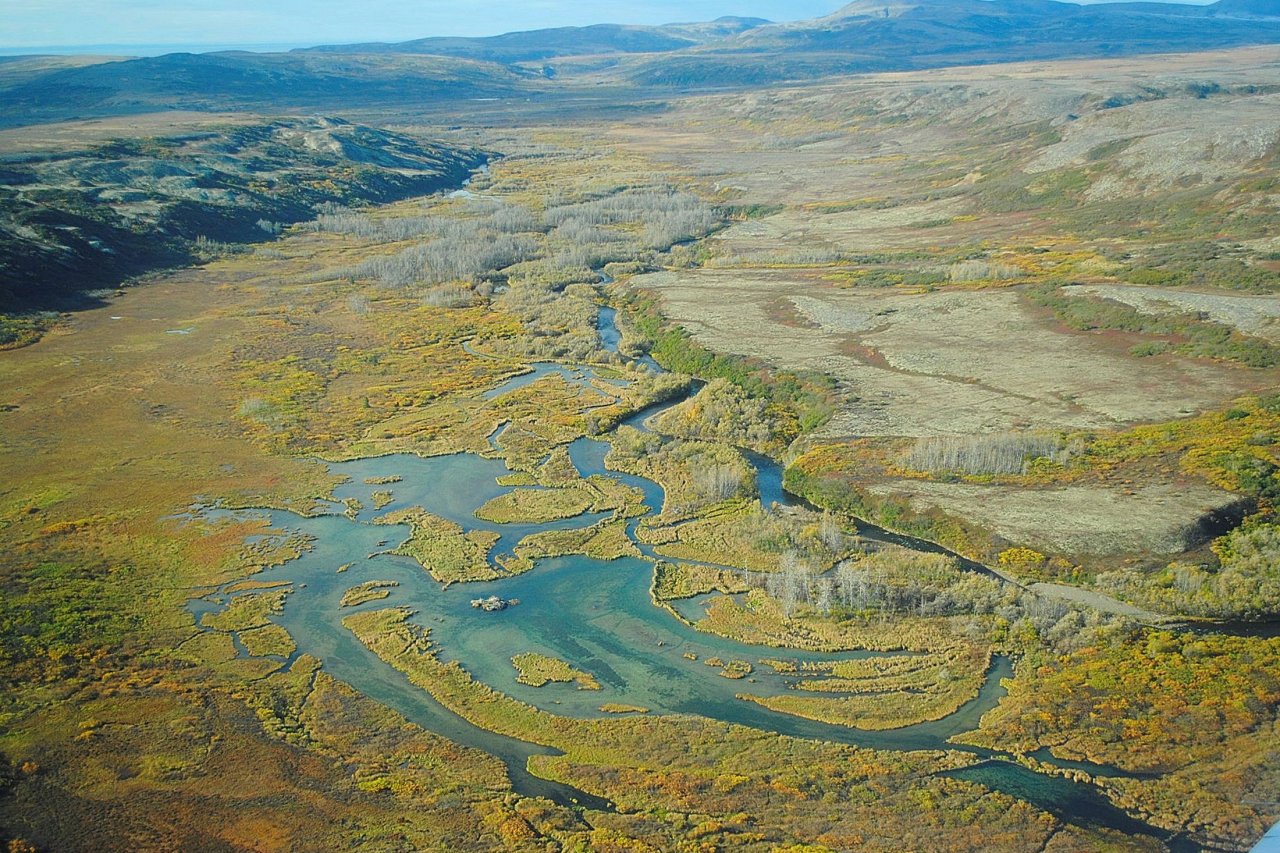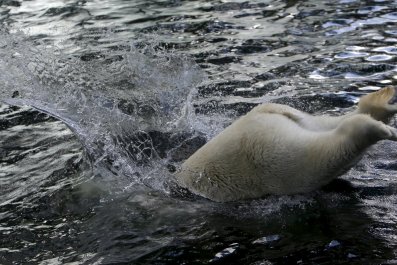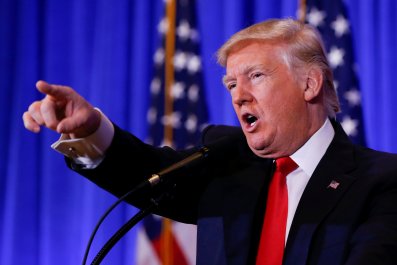Until this week, the EPA communicated with the public through nine blogs, three discussion forums, 34 Facebook pages, 37 Twitter handles, two Medium accounts, a YouTube channel, a Pinterest page, numerous Widgets, a Wiki site, and Instagram, Flickr and Storify accounts.
That all came to a halt with the Trump administration's arrival. A flood of news reports in recent days suggested that EPA climate web pages were being shut down, research funds were being slashed, and that press officers had been muzzled.
A key member of the Trump transition team says that much of the criticism was misplaced.
"There is nothing abnormal or out of the ordinary" happening at the EPA right now, says Doug Ericksen, special advisor to the administrator and communications lead for the EPA transition team. It's true that all social media accounts have been suspended and individual press officers cannot respond to inquiries, he says. But in an interview with Newsweek he said that the agency is simply trying to get a handle on its many avenues of communication. Many of these outlets can still be accessed, but new content is not being posted. "We're trying to get a handle on what's coming out," says Ericksen.
He also points to a 2015 ruling by the Government Accountability Office that found the EPA in violation of what are known as "propaganda rules." According to the Financial Services and General Government Appropriations Act, the EPA is prohibited from using its funds for "indirect or grassroots lobbying in support of – or opposition to – pending legislation." The 2015 ruling said that the EPA violated this law with its "I Choose Clean Water" social media campaign when a rule denoting which waters fell under the jurisdiction of the Clean Water Act was under consideration. Links on EPA webpages to external websites such as those of the National Resources Defense Council and the Surfrider Foundation were also ruled to be violations. Ericksen cited this ruling as an example of why a comprehensive review of the EPA's use of social media is justified.
He said contact with individual press officers will be re-established. But he could not provide a timeline beyond, "as soon as we possibly can." He said the transition team is meeting with regional communication staff as a next step.
The EPA website is also under review – but no more than that. Of the unnamed sources who said staff had been instructed to remove climate information from the website, Ericksen said, "They are speaking anonymously because they don't know what they are talking about." He says no decisions have been made about how the EPA website will look and what content it will include under the new administration.
Concern was also sparked by news that all grants funded through the EPA – $3.9 billion in research, disaster assistance and other program dollars – were being frozen. However, Ericksen says that $3.8 billion of those funds were released on Wednesday night. "No grants were delayed and no projects were delayed," says Ericksen, "we just thought it was important, when you change administrations, that you take a look at where the money's going."
Some of the money is still under scrutiny. Ericksen cited "a few hundred million dollars" sent overseas by former Secretary of State John Kerry to address climate issues, including possibly to Syria, as examples of grants under continued review. Although he could not provide further details, Ericksen may be referring to the $221 million that President Obama sent to the Palestinian Authority shortly before leaving office, $4 million of which was specified for programs to fight climate change. Three days before the inauguration this January, the State Department contributed $500 million to the Green Climate Fund, a United Nations program, part of $3 billion promised by President Obama. President Trump has prevaricated on his plans for funding climate change programs.
Ericksen could not say what the funding priorities will be once the new EPA administrator is confirmed. Scott Pruitt, the Attorney General of Oklahoma who has initiated or joined some two dozen suits against the EPA, is President Trump's nominee for the post. Pruitt has had a confirmation hearing, but the Senate has not yet voted to confirm him.
Earlier this week, the news site Axios reported that the Trump administration was going to radically change the EPA. That news purportedly came from a leaked memo written by Myron Ebell, who'd been appointed to the EPA transition team shortly after the election. "What I have heard is that this [memo] was not his final piece of work," said Ericksen. "That one was created very early in the process and was replaced by several other proposed ideas." However, Ericksen says he has not seen the leaked memo or any other iterations. Ebell is no longer on the transition team.
When asked about critics' contentions that the Trump administration lacks interest in protecting the environment, Ericksen said that was untrue. He said Trump's strategies may differ from those of the Obama administration. The EPA has not moved from a liberal to conservative administration since 2001. "It's all such uncharted water," he said.
Ericksen is a Washington State senator with a master's degree in environmental policy from Western Washington University. He is as uncertain about his own future as he is about the EPA's. "I haven't decided how much I like this town yet," he said. He arrived for the inauguration uncertain of whether he would stay. Now, he says, "I've got one suit, one tuxedo, and I have to go shopping."




















